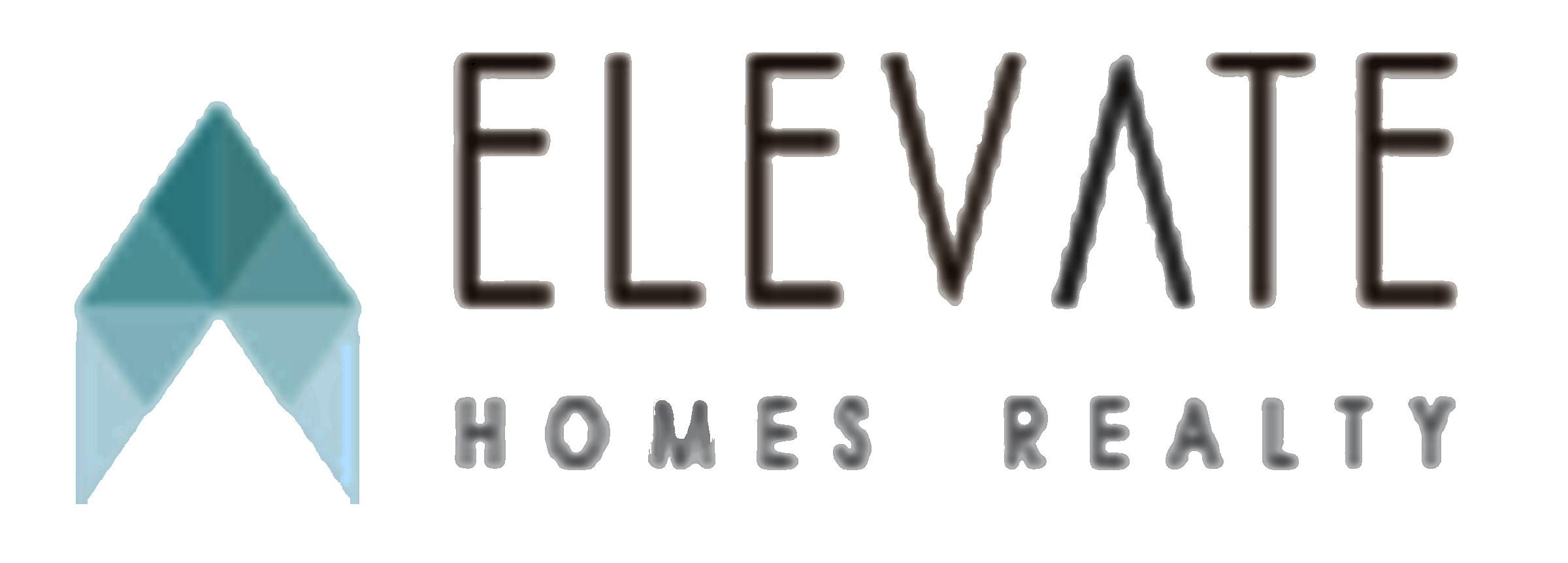Seller Carryback
If your credit is not quite up to snuff you still may be able to buy. Few lenders today are willing to allow loans carried by the seller. Most government backed financing forbids it. But that varies according to the market.
Let's assume you just sold your home but it has not yet closed escrow. You have been good about saving and even without your sale closing you have $30,000 in the bank. You found the home of your dreams, but the seller is desperate for some cash (like maybe paying off a Vegas lender). A lease-purchase option would be possible but the risk that the seller could do something silly scares you. The seller is willing to take your $30,000 down and carry a 90 day loan for the rest. Escrow closes quickly, you, the buyer, has title, and the seller gets the rest of his money in 90 days or less. The seller charges you 7% for the use of his equity for 90 days and everyone is happy.
Before you do this, check with your lender to make sure this is okay. Even when your new loan pays off the seller and your lender is in first position, some lenders have heartburn over this process.
What if the seller has more capital gain than the IRS will allow? Would they be willing to accept monthly payments rather than paying a 25% tax. Maybe. If the seller is retired with cash in the bank, might they prefer monthly income over a cash settled escrow? What if there is a curable title issue that temporarily dissallows title insurance coverage, preventing your lender from funding? There are lots of reasons seller carryback might be a good solution.
All Inclusive Trust Deed (Wrap Around)
The Seller is six months past due and foreclosure is imminent. There is some, but not much, seller equity in the property. You have enough cash to pay the amounts due and bring the loan current plus give the seller a couple thousand bucks. You make a great deal and the owner agrees to carry an all inclusive trust deed for th rest of the puirchase price.
An all inclusive trust deed means that all underlying debt is left as is and is wrapped into one note and deed in favor of the seller.
Example:
Actual Value $370,000
First trust deed balance $300,000
Amounts back due $ 29,000
Amount paid to seller $ 2,000
Real Estate Commission $ 15,000
Closing costs $ 6,000
Your costs $352,000
Acquired equity $ 18,000
DANGER . . . DANGER WILL ROBINSON! (Lost in Space for those of you who are not familiar with the movie or TV series).
- Pay all amounts through escrow. Do not pay the seller directly. Pay the lender directly through escrow after getting a demand. Allow for the fact that lenders are slow and accrue interest while they prepare their demand to bring the loan current. Seller will grant deed or quit claim deed the property to you in exchange for an AITD of $300,000 from the seller (wrapping the $300,000 owed to the mortgage holder) granting to you all rights to the property. This will be done through escrow.
- The underlying mortgage holder can call the note (make you pay it off), but this will take them some time allowing you to get a new first elsewhere. Again, have this contingency set up in advance and make sure your lender is okay with all this.
- This gets a little trickier if you do not plan to occupy the property. There are different rules and different contracts for that.
Solicit the advice of an attorney or someone whose been down this road before. Either use them as your REALTORŪ or offer to pay for their review. The documentation is difficult and time consuming to go over and most good agents will not be willing to advise you for free. There is liability in doing so. When agents get paid for providing a service, their insurance covers their mistakes, when free, perhaps not. Whether you know it or not, their insurance helps cover you as well.

